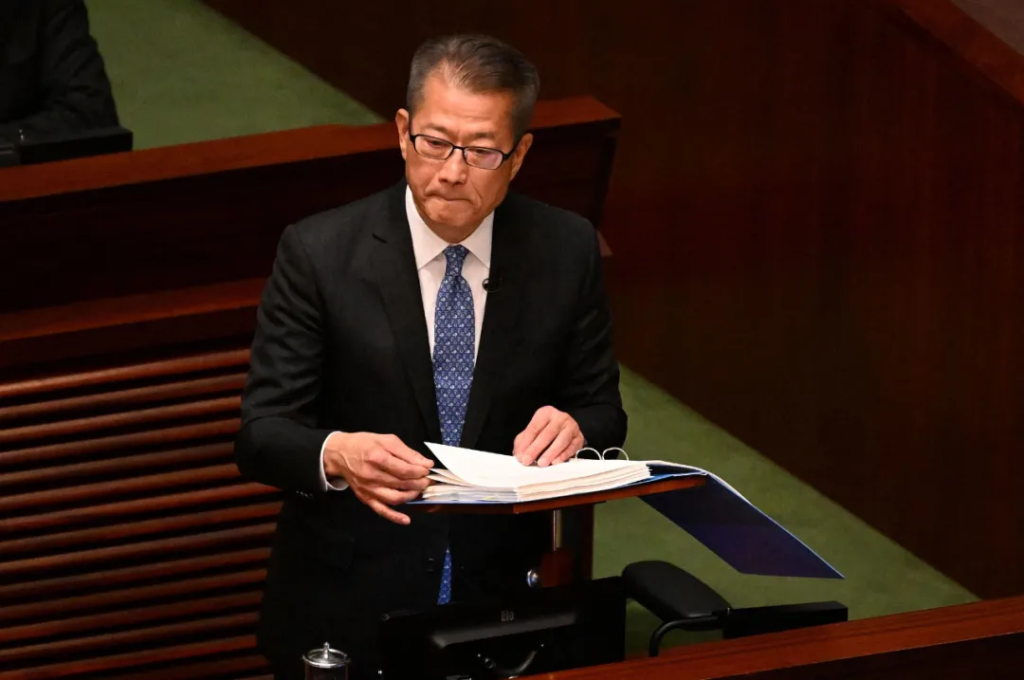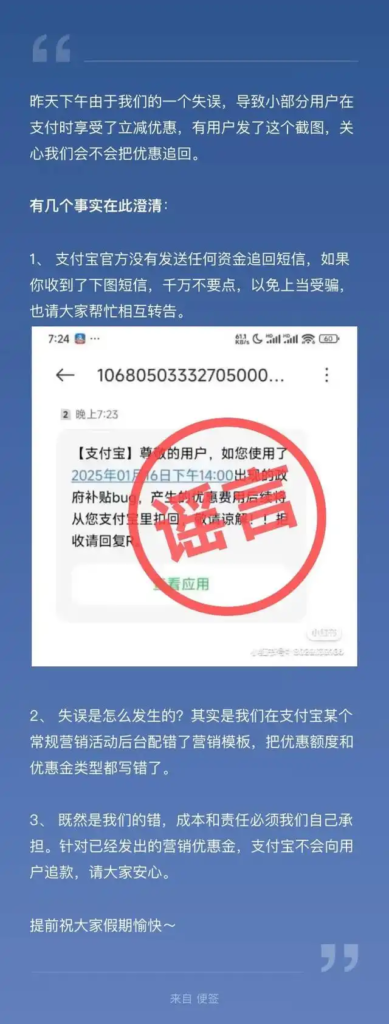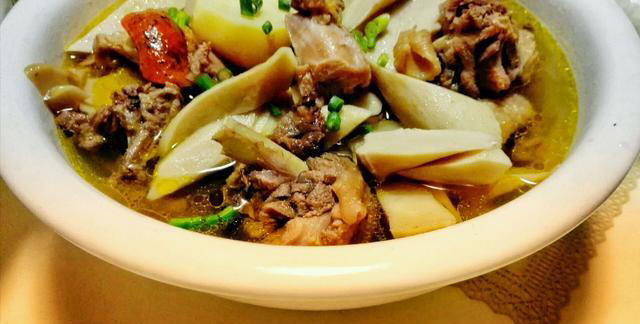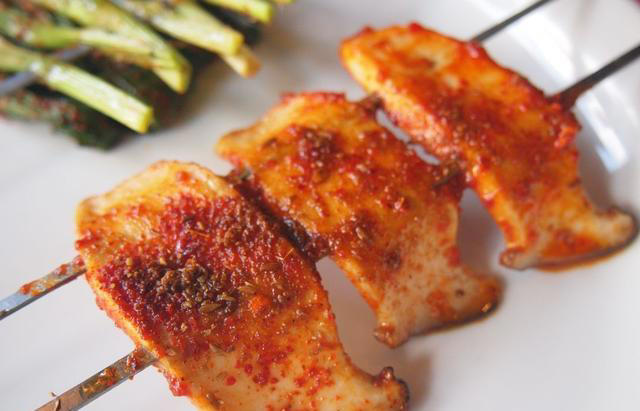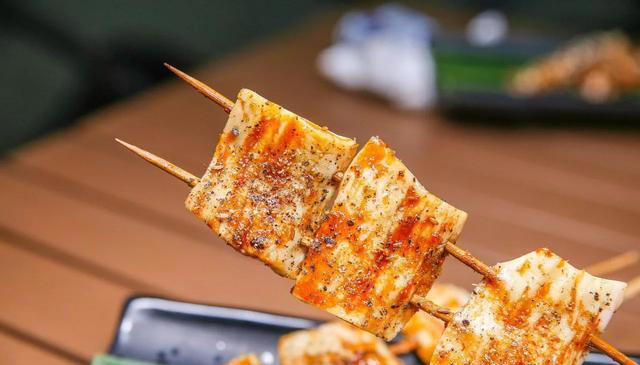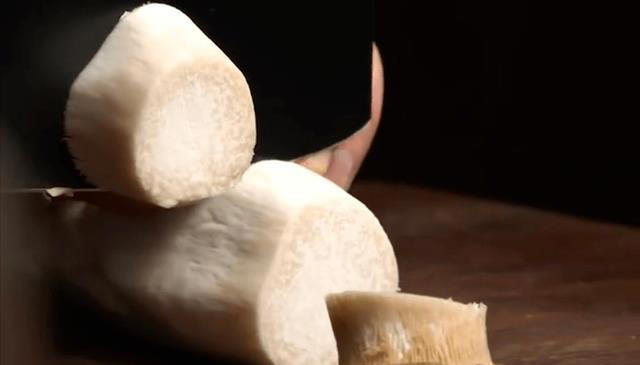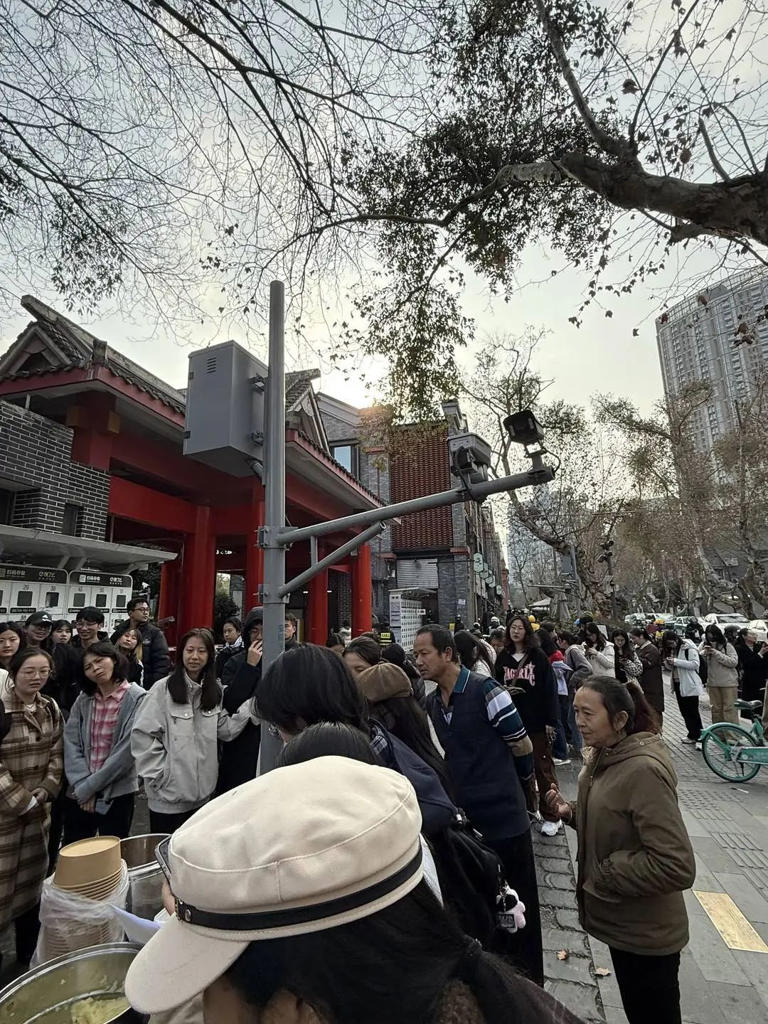On February 1, local time, after Trump signed the order, the U.S. government announced an additional 25% tariff on imports from Canada and Mexico, Canada and Mexico’s retaliation came: both countries announced that they would impose tariffs on the United States!
Earlier, the White House said that if it retaliates against the US tariffs, the US may increase the intensity of tariffs.
Trudeau: Canada will be worth $155 billionA 25% tariff is levied on U.S. products
On February 1, local time, Canadian Prime Minister Justin Trudeau said at a press conference on the U.S. tariff issue that in retaliation for U.S. tariffs, Canada will impose 25% tariffs on U.S. products worth 155 billion Canadian dollars (about 106.7 billion U.S. dollars, 770 billion yuan). Of these, $30 billion will go into effect on Feb. 4 and $125 billion will go into effect within 21 days.
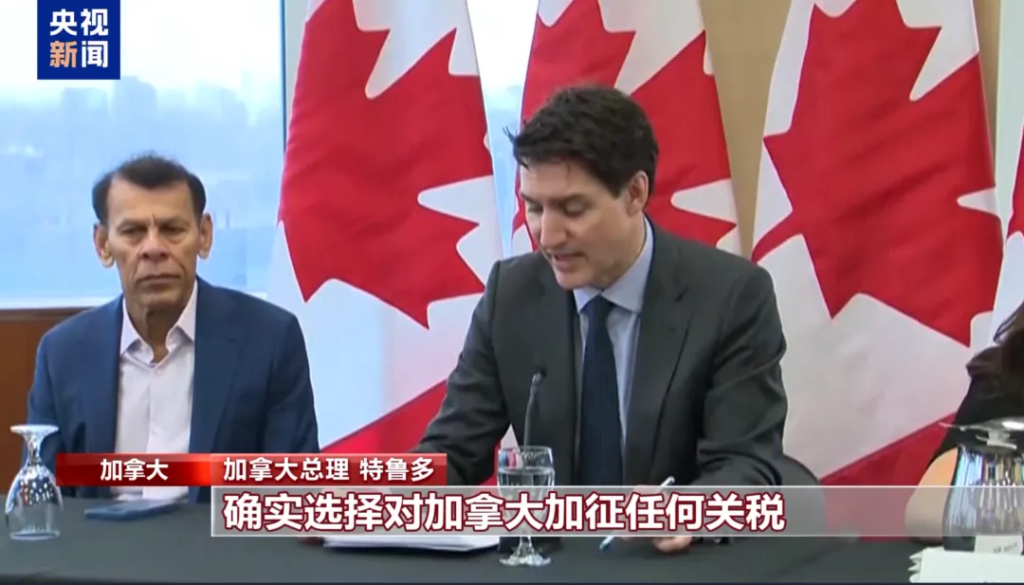
Trudeau also said Canada is considering several non-tariff measures, including those involving critical minerals, energy procurement and other partners.
On February 1, local time, after the United States announced the tax on Canada, the governor of British Columbia, Canada, David Ibby, held a press conference and said that Trump’s tariffs “completely betray the historical bond between the two countries, which is a declaration of economic war against trusted allies and friends.” ”
Ibby said British Columbia has begun retaliating against U.S. merchandise and that he has instructed provincial-government-run liquor distributors to stop buying U.S. liquor and government procurement. At the same time, British Columbia will accelerate new natural resource projects and seek to diversify trade with the Asia-Pacific region. He called on people to buy Canadian goods.
Sheinbaum: Mexico will impose tariffs on the United States
At the same time, on February 1, local time, Mexican President Sheinbaum announced that Mexico would impose tariffs on the United States. Mexican President Sheinbaum has said that Mexico will take countermeasures, and she has instructed Mexican Economy Minister Marcelo Ebrard to activate the “Plan B” prepared by the Mexican government to impose tariffs on U.S. imports.

“When we negotiate with other countries, when we interact with other countries, we always hold our heads high, we never bow our heads, we are equal,” Sheenbaum said. Sheinbaum stressed that Mexico is a free, independent and self-determined country. Mexico has the ability to deal with any situation.
Mexico’s economy minister, Marcelo Ebrard, said on January 31 that it would be a “strategic mistake” for the United States to impose tariffs on Mexico, and that tens of millions of American consumers and a large number of American companies would pay for it.
Speaking at a news conference in Mexico City, the capital, on the same day, Ebrard noted that U.S. households are the final consumers of many Mexican exports, and that Mexico is a major importer of many U.S. products. These products include automobiles, computers, televisions, refrigerators, fruits and vegetables, meat, beer, and medical equipment.
Ebrard said that if the United States imposes tariffs, American consumers will bear the cost of tariffs, consumer demand will also weaken, and high tariffs will also impact the medium and long-term development of the supply chain.
Trump’s “tariff stick” swings at the EU?EU official: will respond accordingly
In addition, Trump said in an interview with reporters on January 31 that the European Union would impose tariffs on the European Union in order to seek reciprocity due to its refusal to import American cars and crops.
EU Economic Commissioner Valdis Dombrovskis previously said that if US President Donald Trump imposes tariffs on Europe, Europe will respond accordingly.
Dombrovskis said European officials were in talks with U.S. officials to find a “pragmatic” solution to the tariffs.

 Entering China
Entering China





